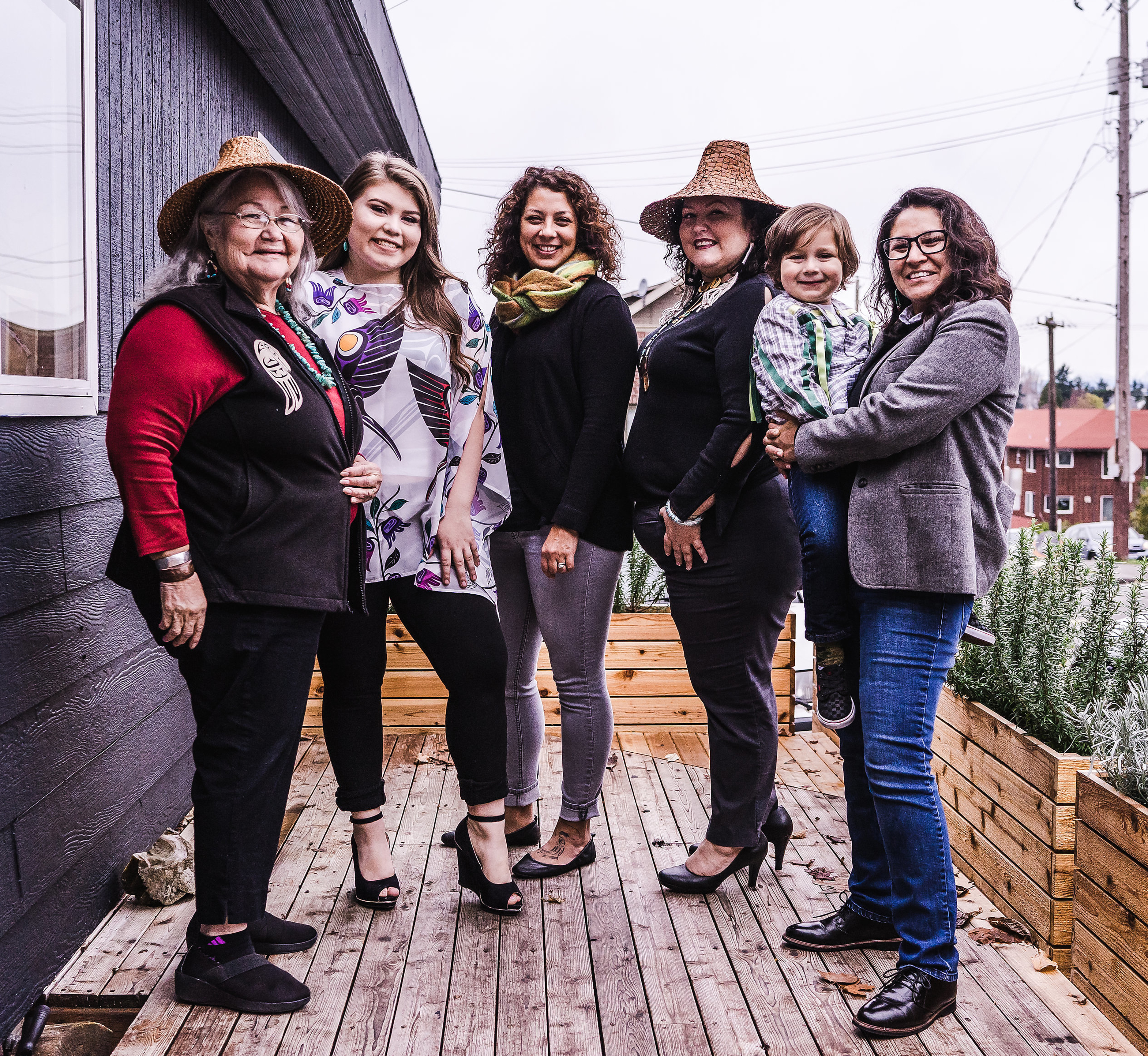
We're happy to share that a significant infusion of new information is now available on the All of Us Researcher Workbench to help drive health discoveries. Among the most notable aspects of this update is the integration of data from more than 26,000 participants who self-identify as American Indian and/or Alaska Native (AI/AN) solely or as one of multiple categories they use to describe themselves. In prior studies, researchers have often left out people in these communities, which has contributed to significant knowledge gaps. By working to include people from all backgrounds, All of Us aims to help reduce health disparities and enable new insights that lead to better health outcomes for all.
All of Us respects that Tribes in the United States are sovereign nations, and so we underwent an extensive Tribal consultation process prior to making these data available. Tribal leaders and community members shared valuable input with the program. Based on this feedback, we’re making these data available with expanded protections in place, on top of our many existing privacy and security safeguards, to help ensure responsible use:
- First, we’ve created a new policy on research involving AI/AN data to supplement our longstanding Data User Code of Conduct and Policy on Stigmatizing Research. This policy forbids researchers from attempting to re-identify AI/AN individuals, the region from which such individuals come from, or the Tribe(s) to which they may be assumed to belong. Researchers must agree to our policies and undergo training that incorporates these updated policies in order to access participant data. Importantly, they and their institutions are subject to escalating penalties if they break the rules.
- Second, we’ve developed additional guidance for researchers to further reinforce our requirements and help them understand and interpret All of Us’ AI/AN data appropriately.
- Third, we’re adding more Indigenous voices to our governance – including our Resource Access Board, which reviews projects to prevent harmful research. As always, we’ll continue posting all researchers’ project descriptions online for transparency about data use, and if a member of the public is ever concerned that a specific project isn’t aligned with our rules, they can flag it for the RAB to investigate. Beyond these publicly initiated reviews, the RAB will also be coordinating concerted reviews of projects using these data. Additionally, Indigenous-led research demonstration teams have looked at the data from self-identified AI/AN participants. In their review, these teams have discussed the potential benefits and limitations of the data, and helped inform how the program is providing researchers guidance and overseeing workspaces.
We're glad to make these data available from participants who’ve given so generously of themselves to advance important insights into health and disease. At the same time, we fully acknowledge that it is critical for researchers to understand the limitations of the dataset and how it may be used to make conclusions about AI/AN populations.
There is tremendous variety across and within AI/AN communities, and this dataset cannot be used to draw conclusions about Indian Country overall or about specific Tribes. That’s due in part to the fact that the All of Us dataset relies solely on self-reported data from participants about how they describe themselves. That includes individuals who self-identified as solely AI/AN or as AI/AN along with other racial or ethnic categories. We do not ask for any proof of AI/AN Tribal enrollment, nor verify self-identification responses, and in no way does self-identification by a participant indicate official enrollment or descendancy status within a Tribe. And while participants may choose to share their Tribal affiliation during the enrollment process, we don’t make that information available to researchers – and never will, without the Tribe’s express permission and official authorization per their statutes and laws. We also don’t recruit in Tribal jurisdictions – and won’t unless a Tribal partnership is in place and Tribal ordinances and laws for such partnerships are followed.
Although generalizability to Tribal populations is not possible, the data – like U.S. Census data for self-identified AI/AN individuals – may offer important insights, particularly for urban, self-identified AI/AN populations who are often invisible or underreported in national health research data. We have much to learn about AI/AN health, and providing these data for analysis represents an important step forward, among many more yet to come for the program and other community-driven research efforts.
Continued progress will rely on ongoing engagement efforts with Tribal leaders, AI/AN communities, and Indigenous researchers. We invite them to bring their research questions to the dataset to help examine and validate this information and share input with the program to guide future directions. As we look to the future of data in All of Us, developing close partnerships with Tribes that facilitate Tribally driven access and use, and aligning with the forthcoming NIH Indigenous Data Sovereignty Policy are critical to building on these initial steps forward.
We are grateful to the numerous AI/AN community members who have already lent support to help the program reach this initial milestone – through consultations, research analyses, and local engagement activities. We thank you, and look forward to all we will accomplish together in the years ahead, to drive new health insights that matter for AI/AN communities.
To learn more about NIH’s Tribal Health Research Office visit https://dpcpsi.nih.gov/thro. For more information on All of Us’ Tribal engagement efforts, please visit https://allofus.nih.gov/tribalengagement.
Questions or feedback? We’re listening. Contact our team anytime at AoUTribal@nih.gov.
Josh Denny, M.D., M.S.
Chief Executive Officer
All of Us Research Program
Karina L. Walters, Ph.D., M.S.W.
Director
Tribal Health Research Office
